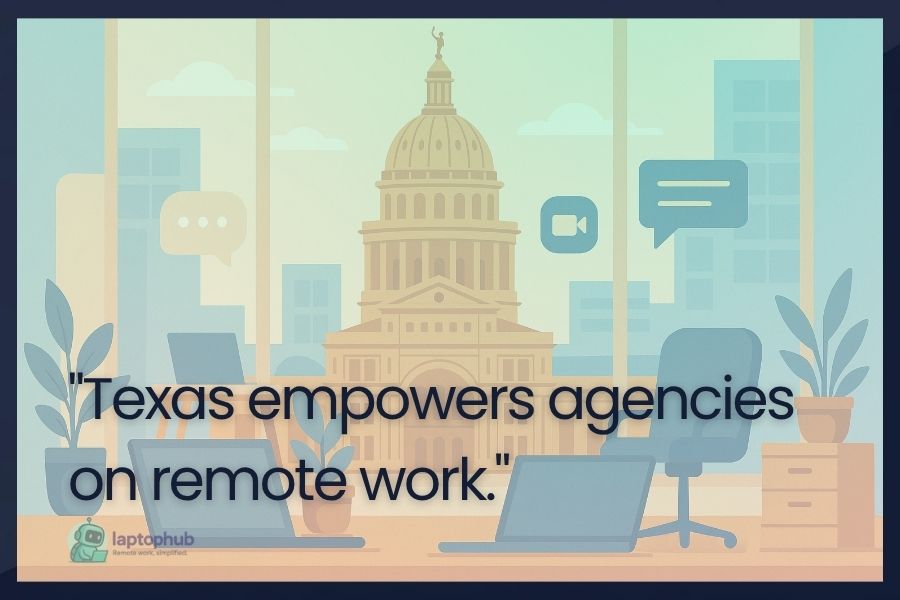The Texas Legislature has approved a bipartisan bill granting state agencies the authority to determine their own remote work policies. This legislative action effectively overturns Governor Greg Abbott’s earlier directive mandating all state employees to return to the office full-time. The bill, introduced by Republican State Representative Giovanni Capriglione, empowers agency heads to establish remote work arrangements tailored to their operational needs, while ensuring productivity and accountability.
The decision comes in response to widespread concerns among state employees about the feasibility and impact of a blanket return-to-office policy. Many workers, particularly those with long commutes or caregiving responsibilities, expressed that the mandate negatively affected morale and job satisfaction. The new legislation seeks to address these issues by promoting flexibility and acknowledging the diverse needs of the state workforce.
Employee reactions and implications for workforce retention
State employees have largely welcomed the legislative change, viewing it as a recognition of the effectiveness and benefits of remote work. Catarina Kissinger, an organizer with the Texas State Employees Union, highlighted that remote work has been instrumental in improving job satisfaction without increasing costs. Employees like Chase Norris, who faced extensive commutes, noted that the flexibility to work remotely part-time has significantly improved their work-life balance and productivity.
The move is also seen as a strategic effort to enhance talent retention and recruitment within state agencies. By allowing for adaptable work arrangements, the state positions itself as a more attractive employer, especially in a competitive labor market where flexibility is increasingly valued.
Broader context and future outlook
This policy shift aligns with broader trends across the United States, where flexibility in work arrangements is becoming a standard expectation among employees. The Texas Legislature’s decision reflects an understanding that a one-size-fits-all approach may not be effective in managing a diverse and dynamic workforce. As agencies implement their own remote work policies, ongoing assessments will be crucial to ensure that productivity and service delivery standards are maintained.
The success of this decentralized approach in Texas could serve as a model for other states grappling with similar challenges, potentially influencing nationwide discussions on the future of work in the public sector.
Read our editorial guidelines to learn how we report news on LaptopHub.





